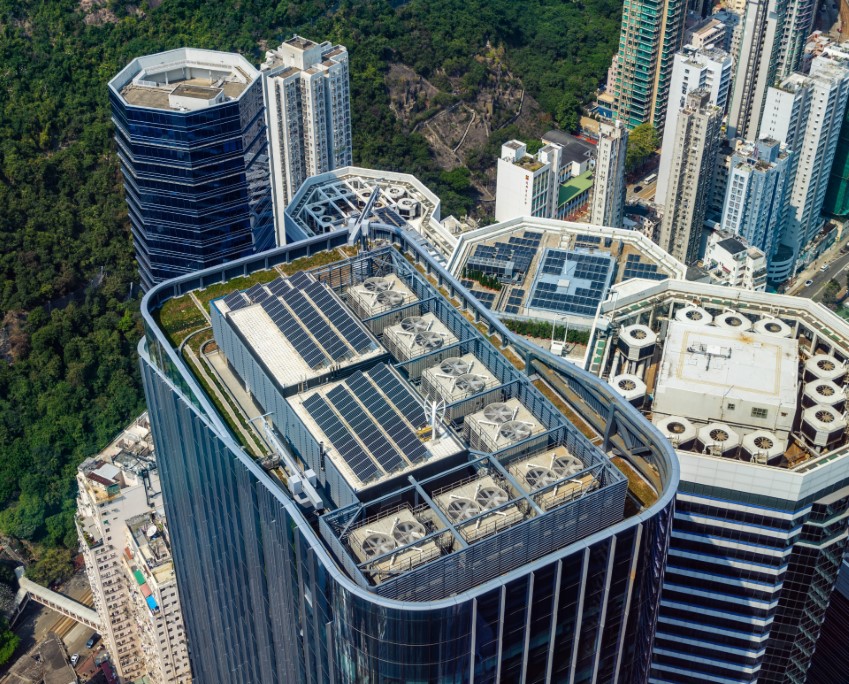Copyright © 2024 Swire Pacific Limited. All rights reserved.
Cookies and Privacy: We use cookies to enhance your user experience on our website. Please indicate your cookie preference. For more information, please read our Cookie Policy and Privacy Notice.
The effects of climate change are increasingly impacting communities around the world. To avert the worst consequences of our rapidly changing climate, we need to limit global warming to 1.5°C and transition to a net zero carbon emissions economy by 2050.
Swire’s businesses will be affected by climate change directly and indirectly through governmental and regulatory mitigation and adaptation responses. Decarbonising the Group’s business activities in all the sectors where we operate is a strategic imperative. We must also reduce value chain emissions and strengthen our resilience to climate impacts.
The effects of climate change are increasingly impacting communities around the world. To avert the worst consequences of our rapidly changing climate, we need to limit global warming to 1.5°C and transition to a net zero carbon emissions economy by 2050.
Swire’s businesses will be affected by climate change directly and indirectly through governmental and regulatory mitigation and adaptation responses. Decarbonising the Group’s business activities in all the sectors where we operate is a strategic imperative. We must also reduce value chain emissions and strengthen our resilience to climate impacts.




Achieving our ambition of net zero emissions will not be easy. We operate and invest in some carbon intensive and hard to abate sectors, including aviation, which will be difficult to decarbonise without breakthroughs in alternative fuel technology. Verified carbon offsets will form a part of our strategy, particularly in the aviation sector, where low-carbon solutions are not yet available at scale. However, our priority is to reduce GHG emissions wherever possible.
In addition to investments already made by our businesses, we are implementing two key tools to finance and accelerate emissions reduction. Since 2019, our HK$100 million Sustainable Development fund has supported trials of innovative green technology solutions, with a view to expediting their adoption at scale. In 2022, the Board approved Internal Carbon Pricing (“ICP”) which is being piloted in 2023.
Achieving our ambition of net zero emissions will not be easy. We operate and invest in some carbon intensive and hard to abate sectors, including aviation, which will be difficult to decarbonise without breakthroughs in alternative fuel technology. Verified carbon offsets will form a part of our strategy, particularly in the aviation sector, where low-carbon solutions are not yet available at scale. However, our priority is to reduce GHG emissions wherever possible.
In addition to investments already made by our businesses, we are implementing two key tools to finance and accelerate emissions reduction. Since 2019, our HK$100 million Sustainable Development fund has supported trials of innovative green technology solutions, with a view to expediting their adoption at scale. In 2022, the Board approved Internal Carbon Pricing (“ICP”) which is being piloted in 2023.







